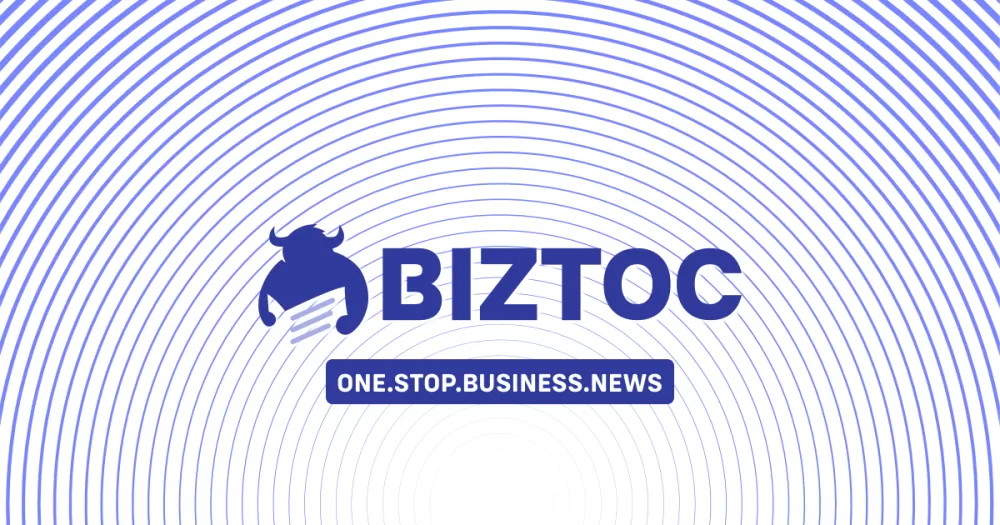The Ghost in the Machine? Windows' New 'Agentic' Ambition and the Lingering Question of Control
Share- Nishadil
- November 15, 2025
- 0 Comments
- 3 minutes read
- 33 Views

Windows to Become 'Agentic OS': Are We Ready to Cede Control?
Windows President Pavan Davuluri unveiled a vision for an 'agentic OS', sparking questions about user control and the future of computing. Is this the push some users need to finally consider Linux?
There's a whisper making its way through the digital ether, a notion articulated by none other than Windows President Pavan Davuluri, that our beloved operating system—the very digital bedrock of so many lives and livelihoods—is evolving. And not just evolving in the usual 'faster, sleeker' kind of way, but into something… agentic. A rather fancy, and honestly, a tad unsettling, word, isn't it? It suggests a Windows with more agency, more autonomy, perhaps even a will of its own.
But what exactly does 'agentic' truly entail for the everyday PC user, for you and for me? You could say it’s the next logical, or perhaps inevitable, step in the relentless march of artificial intelligence. Imagine your OS not just executing commands, but anticipating your needs, proactively managing tasks, learning your habits with an almost eerie precision, and then—here’s the kicker—acting on them. Think less of a tool awaiting instruction and more of a digital assistant that’s, well, a bit too eager to help, deciding things before you even knew they needed deciding.
Now, the allure of such a system is obvious, right? Efficiency, seamless integration, a personal computer that genuinely feels personal, anticipating your every digital whim. Who wouldn't want a system that irons out the kinks before they even appear, streamlining your workflow to an almost absurd degree? Yet, and this is where the human element, the very core of our relationship with technology, truly kicks in—there’s a palpable sense of unease. Because if the OS is an 'agent,' making decisions, however small, on our behalf, then what happens to our own agency? Where does the user’s control truly begin and end in this brave new world? It raises questions about privacy, about data, about the very essence of digital autonomy. Are we merely passengers in our own digital cars, or are we still firmly at the wheel?
And honestly, for many, this vision, while perhaps technologically impressive, feels like a bridge too far. It's the kind of development that, ironically, might just push a significant segment of the PC-using populace towards greener pastures. Or, rather, towards the more open-source, user-centric plains of Linux. For those who value explicit control, who prefer their software to be a tool rather than a partner with its own agenda, the thought of an 'agentic' Windows can be, in truth, the final straw. It's not about being anti-progress; it's about wanting to retain a certain fundamental relationship with the machines we operate, a relationship built on command, not on polite suggestions from an all-knowing digital entity.
So, as Microsoft charts this ambitious, and yes, slightly dystopian, course for Windows, we're left to ponder the true cost of convenience. Is the future of our operating systems one where we hand over more and more control in exchange for a smoother ride? And will that ride ultimately lead us to question if we're better off forging our own paths, perhaps with an OS that understands, for once, that sometimes, less is more, and that the best agent is, quite simply, the user?
Disclaimer: This article was generated in part using artificial intelligence and may contain errors or omissions. The content is provided for informational purposes only and does not constitute professional advice. We makes no representations or warranties regarding its accuracy, completeness, or reliability. Readers are advised to verify the information independently before relying on







